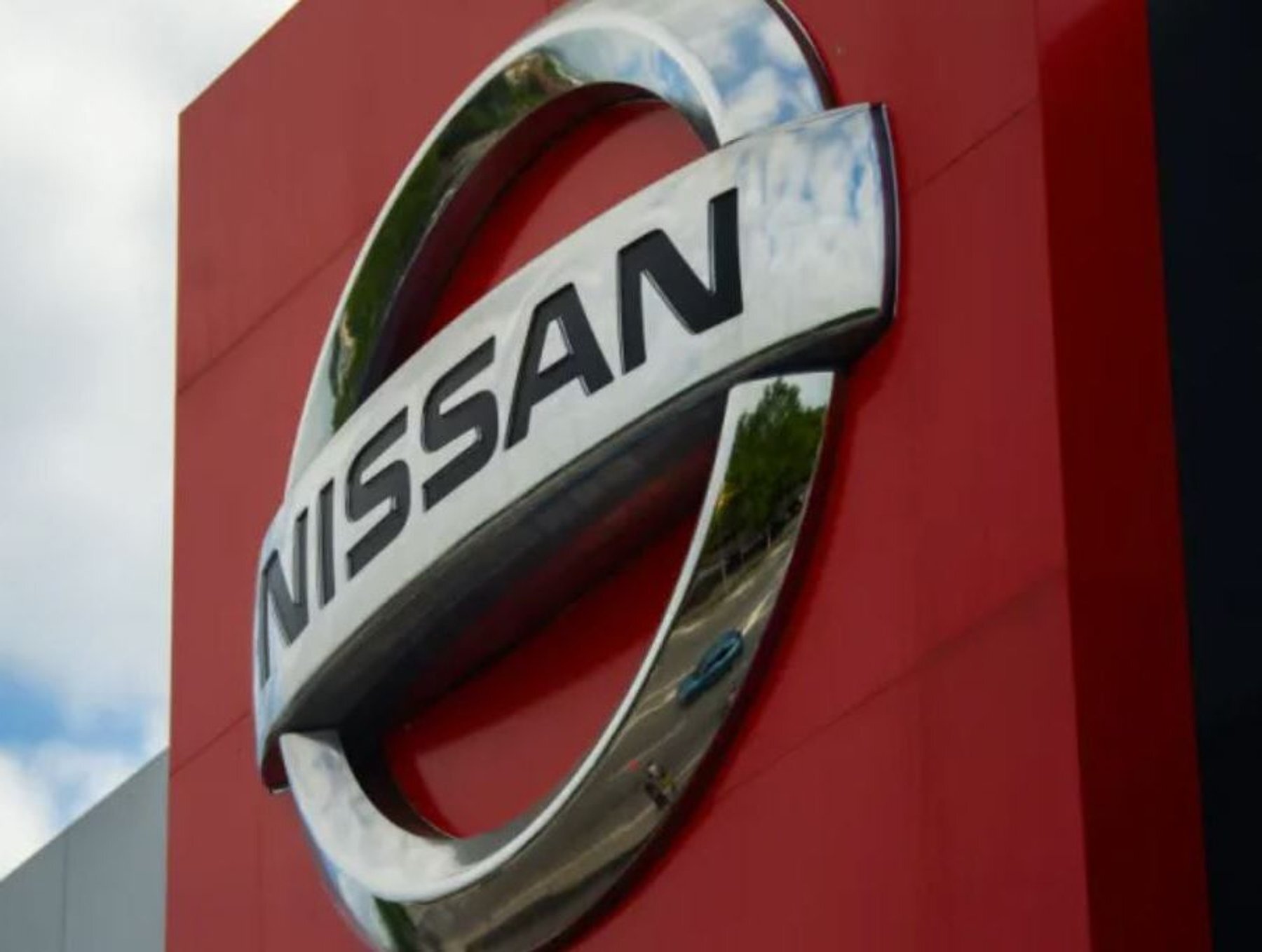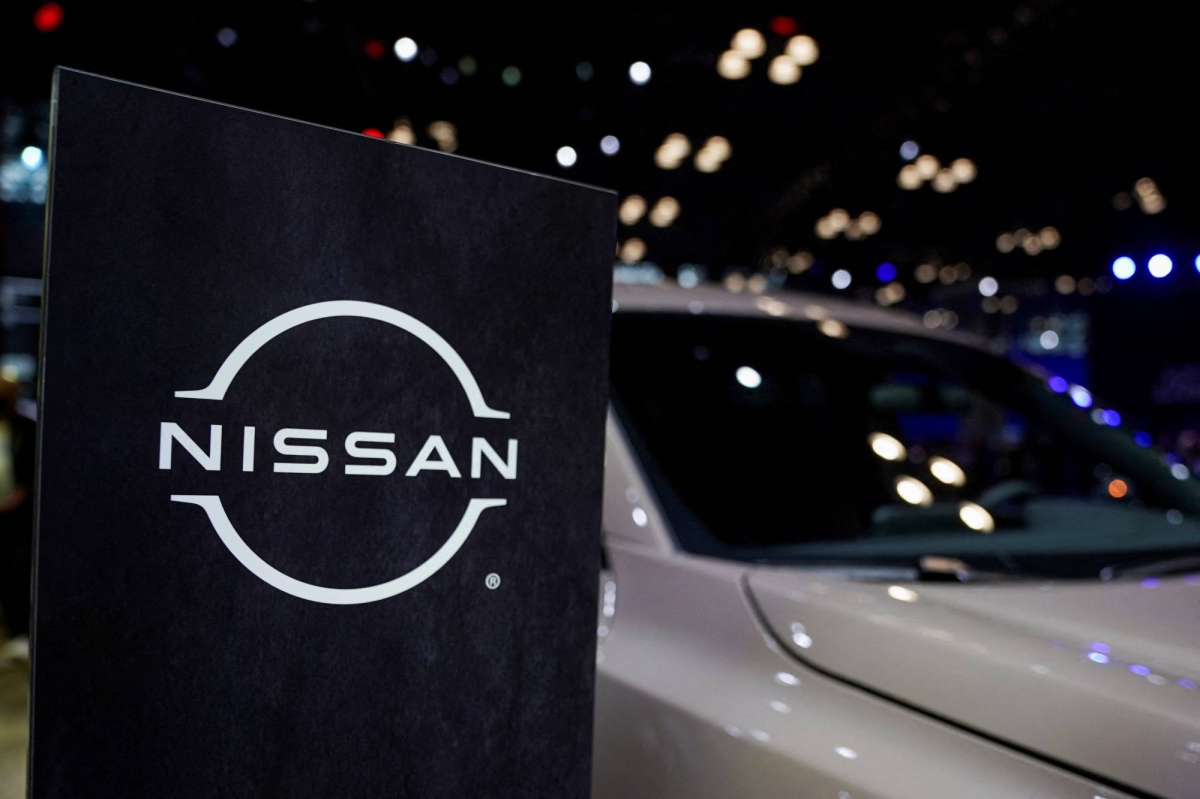Nissan has called on the UK government to take “urgent action” regarding the zero-emission vehicle (ZEV) mandate, which requires car manufacturers to sell an increasing percentage of electric vehicles (EVs) each year. The Japanese carmaker, which operates a large production facility in Sunderland, expressed concerns that the mandate is penalizing car manufacturers and jeopardizing future investments. Nissan, along with other manufacturers, met with Transport Secretary Louise Haigh to address issues related to the transition to electrification, with the ZEV mandate being the central point of contention.
The ZEV mandate imposes a target that requires 22% of a manufacturer’s new car sales to be zero-emission by 2024, rising to 28% in 2025, and reaching 80% by 2030. However, current sales figures show that EVs make up only 18.5% of the market in 2024, indicating that the targets may be too ambitious. Nissan argues that these targets, set when EV sales were rising rapidly, no longer align with the current market slowdown and could result in heavy fines for manufacturers that fail to meet them.

Nissan’s chairman for the AMIEO region, Guillaume Cartier, warned that the ZEV mandate could have devastating consequences for the UK’s automotive industry. He emphasized that the mandate risks undermining the case for manufacturing cars in the UK and could threaten thousands of jobs and billions in investment. He called for urgent action from the government before the end of the year to avoid potentially irreversible damage to the sector. One specific concern is that manufacturers, including Nissan, would have to buy credits from EV-only brands abroad to avoid fines, which would essentially subsidize the EV sectors of other countries.
In response, Nissan suggested that the government consider a two-year “monitoring period” for 2024 and 2025, offering more flexibility in how companies manage their emissions targets. They also proposed the option to borrow credits from future years, which would provide manufacturers with time to adjust to the targets while still aiming to meet the 80% goal by 2030. These measures, according to Nissan, would help avoid unnecessary penalties and ensure a smoother transition to electrification, even in the face of current market challenges.
Industry leaders, including Mike Hawes, CEO of the Society of Motor Manufacturers and Traders (SMMT), have echoed Nissan’s concerns about the pace of the EV transition and its negative impact on the overall market. Hawes emphasized that a strong automotive industry requires workable regulations, fiscal incentives, and confidence in the charging infrastructure. While Transport Secretary Louise Haigh expressed a willingness to listen to the concerns of manufacturers, there is no indication that the government will make immediate adjustments to the mandate, with some officials rejecting proposals for delaying fines until 2025.

